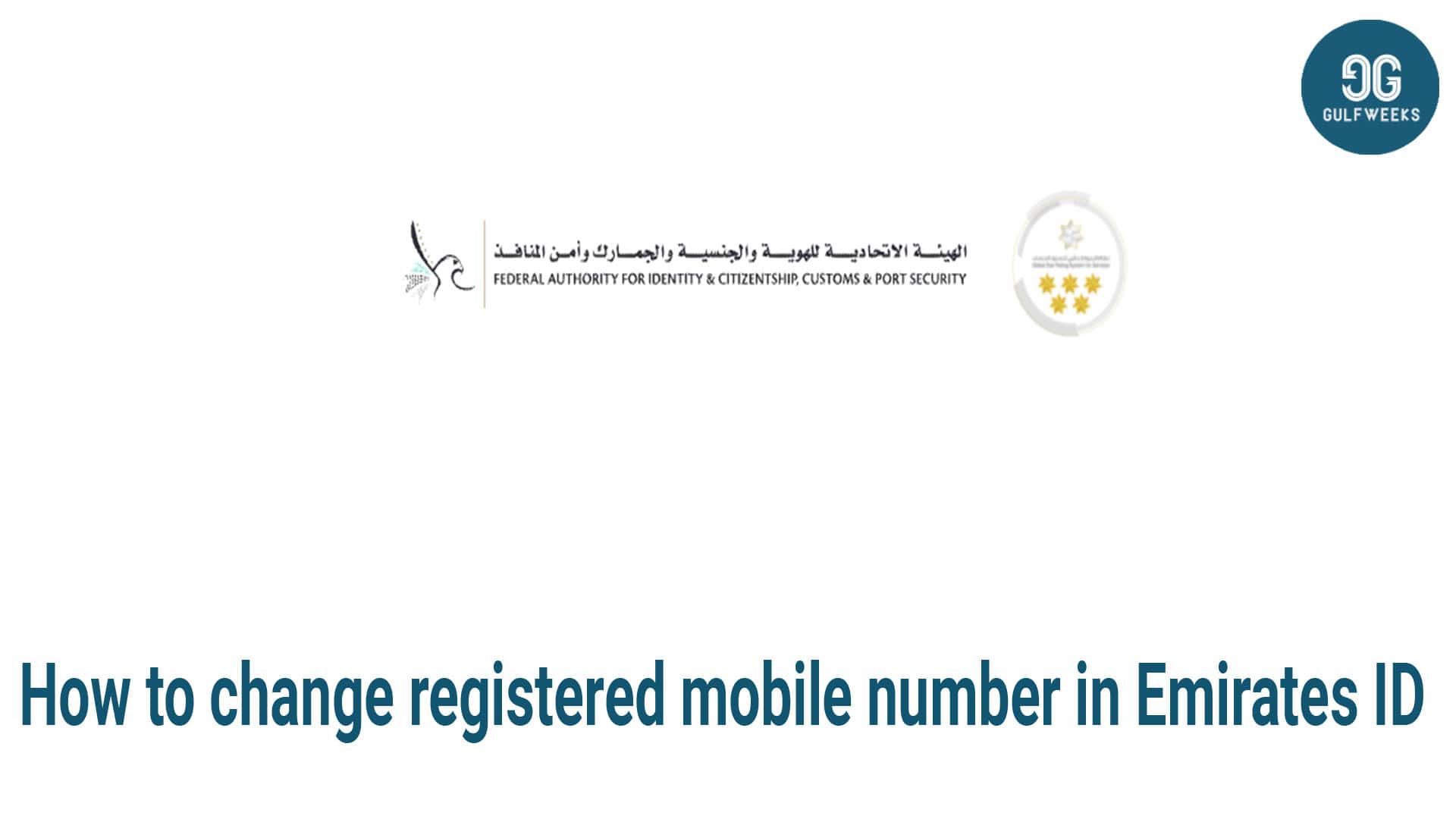If you live in the UAE, you must be familiar with the various features of civil cases in the country. The UAE’s civil laws cover a wide range of topics, including family conflicts, contract breaches, and other non-criminal transgressions involving several parties. Today, we will talk about how to check civil case in UAE, and the civil case punishment in UAE.
Table of Contents
How to check civil case in UAE
To check your civil cases in Dubai:
You can do so by checking one of the Dubai Police channels.
Residents in the UAE can check if you have a travel ban due to financial issues or a civil case in the emirate of Dubai via a free internet service provided by Dubai Police.
All you need to do is to input your Emirates ID card number in order to utilize the service.
Police Channels in Dubai:
- Smart Police Stations SPS (Stations Map)
- Dubai Police Application
- Visit Dubai Police Official Website dubaipolice.gov.ae
To check your civil cases in Abu Dhabi:
The Abu Dhabi Judicial Department has an online tool called ‘Estafser‘ that allows Abu Dhabi residents to verify if they have been requested by the Public Prosecution for any accusations against them.
You must input your unified number in order to utilize the service.
The Civil Case Punishment in UAE

According to Legal-Advice-me webpage:
In a civil action, there are no penalties; they will just seize your property.
If they are unable to locate any assets, an arrest warrant will be issued against you, and you will be sentenced to a maximum of three years in prison.
How do you initiate a civil case in the United Arab Emirates?
These are the measures you should take if you want to initiate a civil case.
Step 1: Consult a lawyer.
Seeking legal guidance and consulting with an expert lawyer is the first step in filing a civil court complaint. Also, remember to tell the lawyer all of the facts about the case.
Step 2: Determine the jurisdiction of a court.
The jurisdiction to file a private civil case in the UAE will be one of the following:
- Where does the defendant live?
- Where a verbal/written agreement was formed, or a contract or agreement was partially or completely implemented
- Where should the deal have been executed?
Step 3: Mediation.
Before initiating a civil action in the UAE, the court offers mediation through a variety of committees, including
- commercial conflicts resolution committees and arbitration committees.
- Committees for family advice, settlement, and reconciliation
- committees for resolving rental disputes
- committees for resolving labor disputes
These panels are tasked with resolving disputes amicably and reducing judicial fees. If an amicable settlement cannot be reached, the litigating party may request a “No objection” letter from the appropriate mediation committee and file a statement of claim with the appropriate court.
Step 4: File a lawsuit
The plaintiff or their attorney will file a “statement of claim” with the court.
The following will be included in the claim statement:
- Personal information and addresses of the plaintiff and defendant
- The lawsuit’s topic of discussion
- Requests and justifications
- The date on which the lawsuit was submitted to the Case Management Office.
- The court in which the lawsuit has been filed.
- The plaintiff’s or his representative’s signature
Arabic must be used to show all documents. The documents must be translated into English or any other language into Arabic by legal translators provided by the UAE Ministry of Justice
Step 5: Obtain a case number and hearing date.
Within 10 days of the filing of the statement of claim, the clerk will send a notification to the defendant via the bailiff.
Step 6: Evaluating the case value
On the day of the trial, the case’s worth is evaluated. The valuation should be based on the parties’ most recent request, and it should include indemnities, revenues, and expenditures due on the day of trial, among other things.
Step 7: Responding to civil action
The defendant must reply to the case by submitting a defense memorandum or a plea to the Case Management Office once it has been filed.
Step 8: Attend the court.
When the hearing date arrives, all parties involved, along with their attorneys, must attend in court. In the first session, the hearing will take place. If the plaintiff or defendant has not yet produced any documents, they may do so at this time. The court may accept the documents if they do not cause the proceedings to be delayed or adjourned.
Step 9: Ending the Case
A civil action can be dismissed if both parties agree not to pursue the case and obtain judicial approval. According to Article 101 of Civil Procedural Law, such a halt could last for six months from the date of the court’s decision.
Step 10: Making judgments
Finally, the judge renders a decision in court, which includes the guilty party’s verdict, the overall cost of the lawsuit, and how the cost will be paid.
This article has included all what you need to know about how to check civil case in UAE, and the civil case punishment in UAE and the measures you should take if you want to initiate a civil case.
Read also
- How to check police case in UAE online
- How to check car accident history in UAE
- how to check individual fine on emirates id
- How to check overstay fine in UAE online







